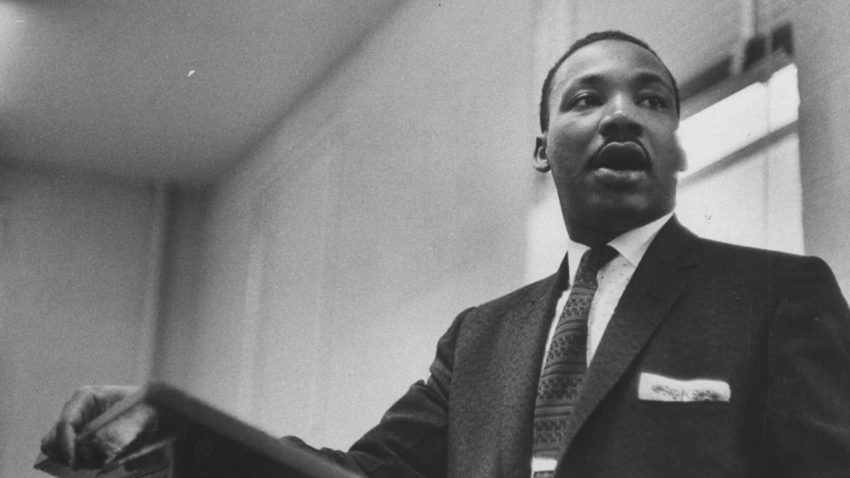The University of Cincinnati Libraries invites applications for the university archivist and head, Archives & Rare Books Library. The successful candidate will be responsible for the development and management of services and collections of the Archives and Rare Books Library, which includes rare books, manuscripts, the University Archives, and other archival and special collections. Additionally, as university archivist, the position is responsible for promoting use and engagement with collections documenting the history of the University of Cincinnati and providing leadership oversight of University Records Management Program.
This full-time, faculty tenure-track position has a salary range of $85-110K plus stipend and is covered by the American Association of University Professors (AAUP), UC’s collective bargaining agreement. UC faculty librarians have access to annual funding to support conference attendance and professional development needs.
This position operates under the principles of the UC Libraries Strategic Framework: NEXT Directions, which aims to increase the Libraries’ impact by: creating paths to education innovation and student success; contributing to the university’s research, learning and teaching agendas; and by creating partnerships within UC, the wider Cincinnati urban community and at national and international levels.
This work requires a substantial investment in people, a renewed commitment to Diversity, Equity and Inclusion and a continued focus on and acceleration of digital transformations as the Libraries continues to fulfill its mission and achieve the vision to become the globally engaged, intellectual commons of the university—positioning itself as the hub of collaboration, digital innovation and scholarly endeavor on campus.
The full position description and application are available on the university’s career website.

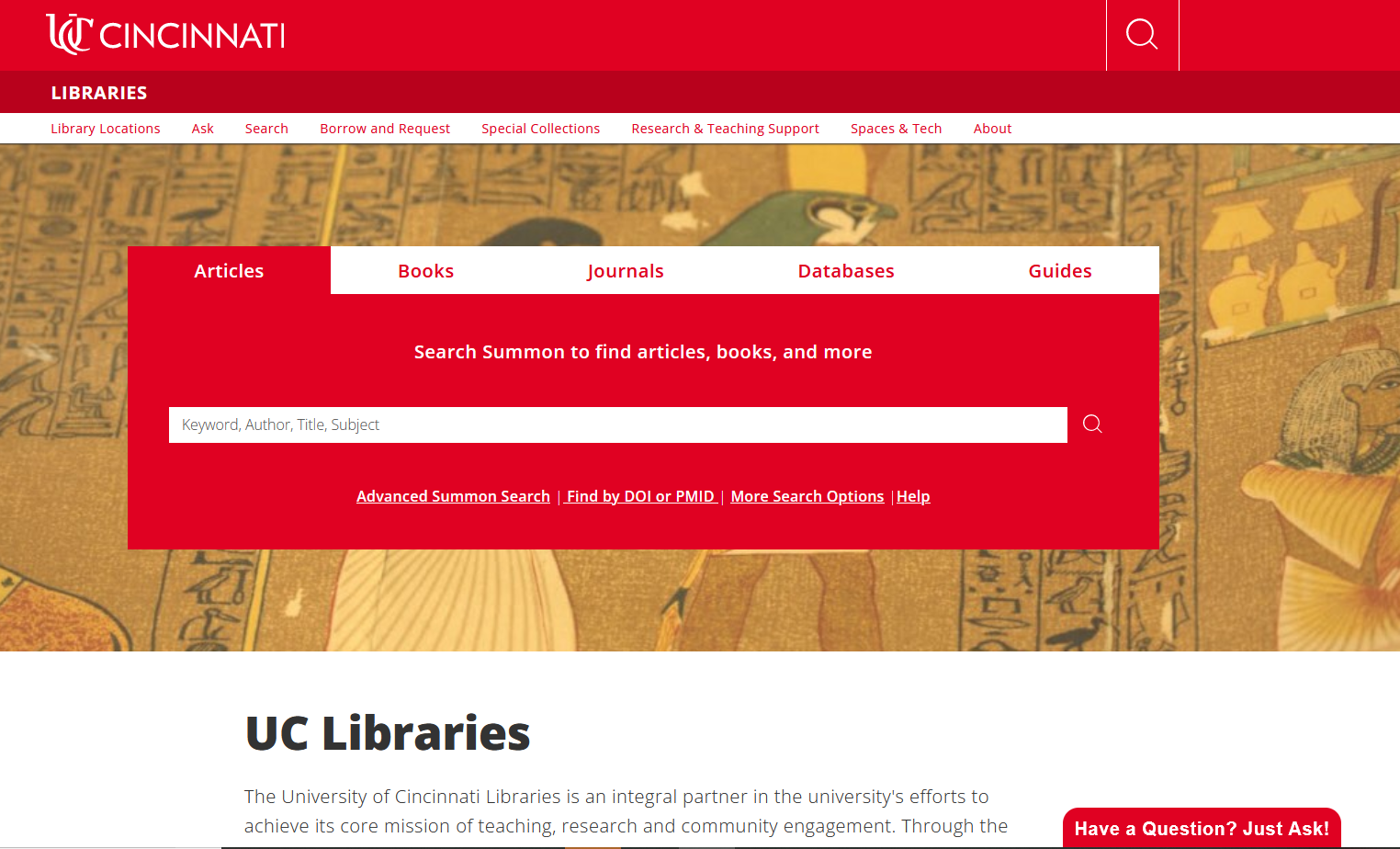 Next week, UC Libraries will make updates to the
Next week, UC Libraries will make updates to the 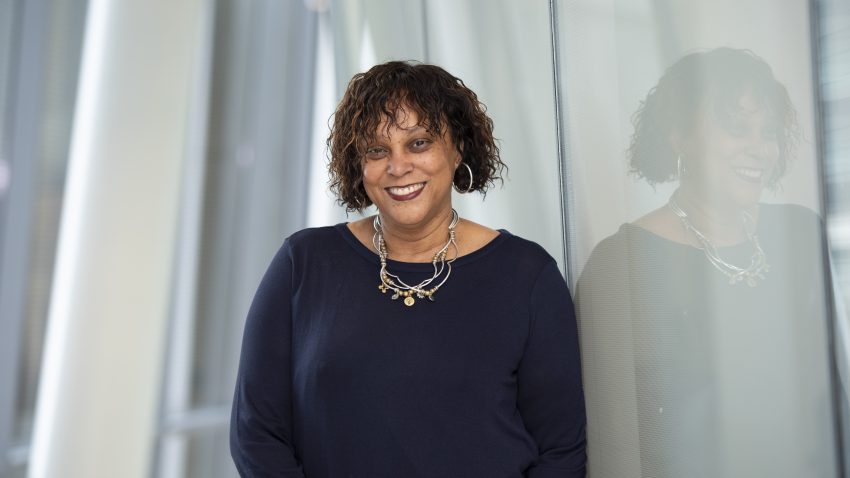
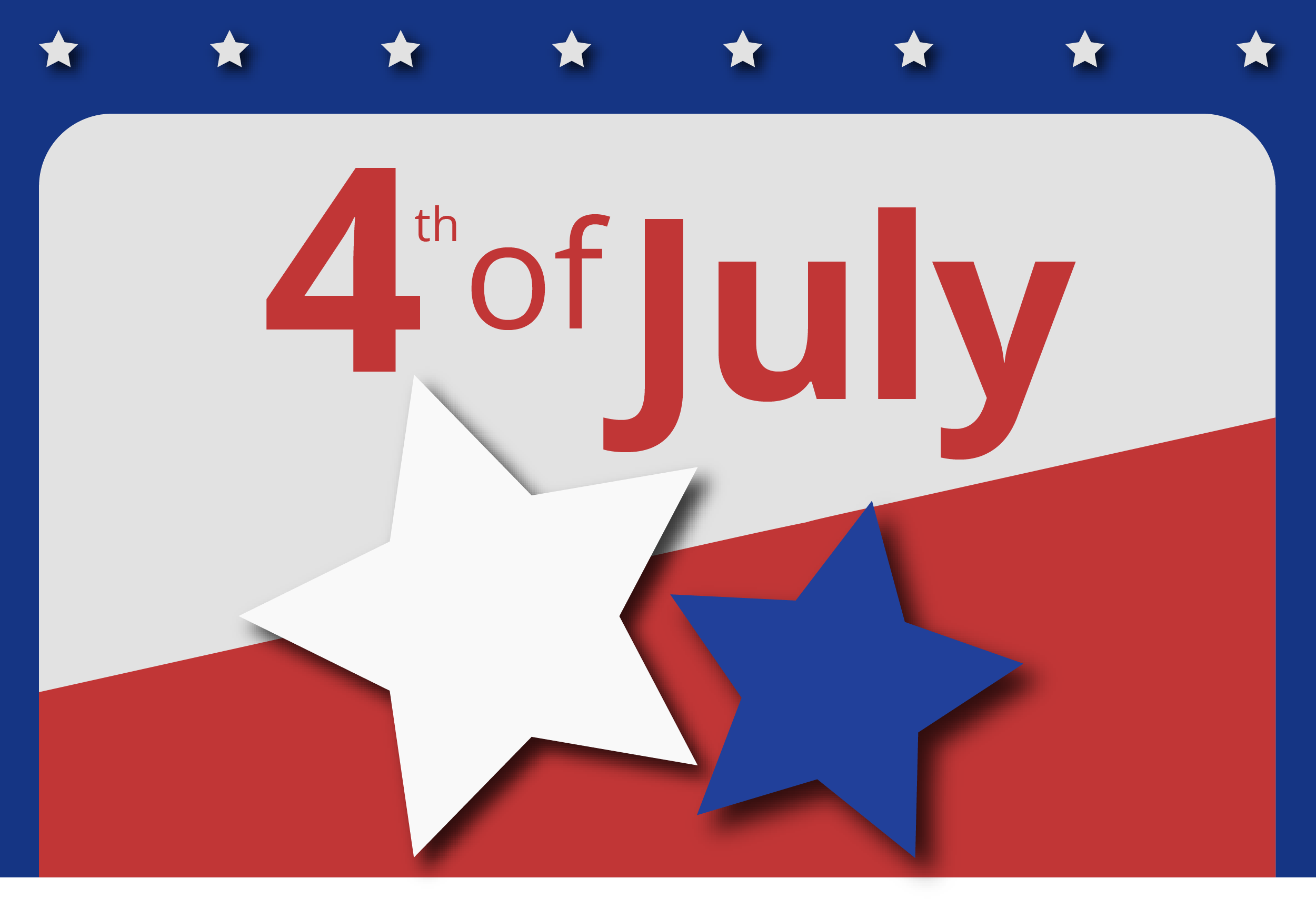 .
.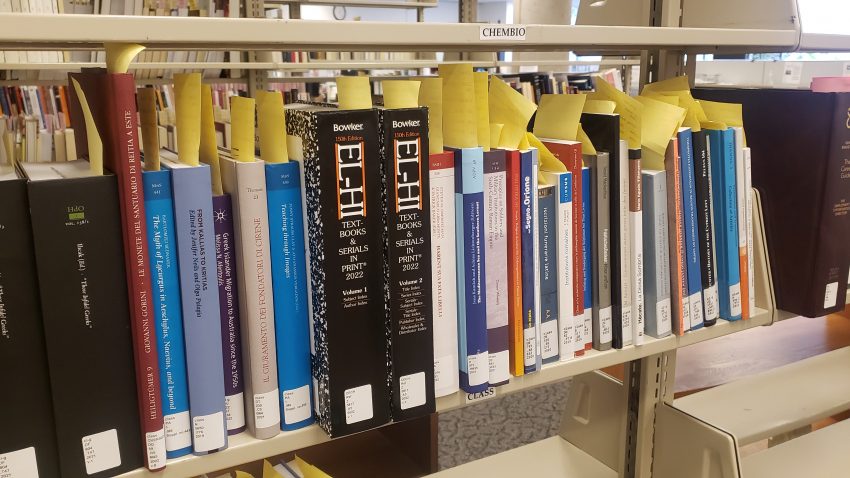 In order to address ongoing delivery issues with OhioLINK materials, the University of Cincinnati Libraries, along with the other college, university and public libraries in Ohio, is changing the
In order to address ongoing delivery issues with OhioLINK materials, the University of Cincinnati Libraries, along with the other college, university and public libraries in Ohio, is changing the 